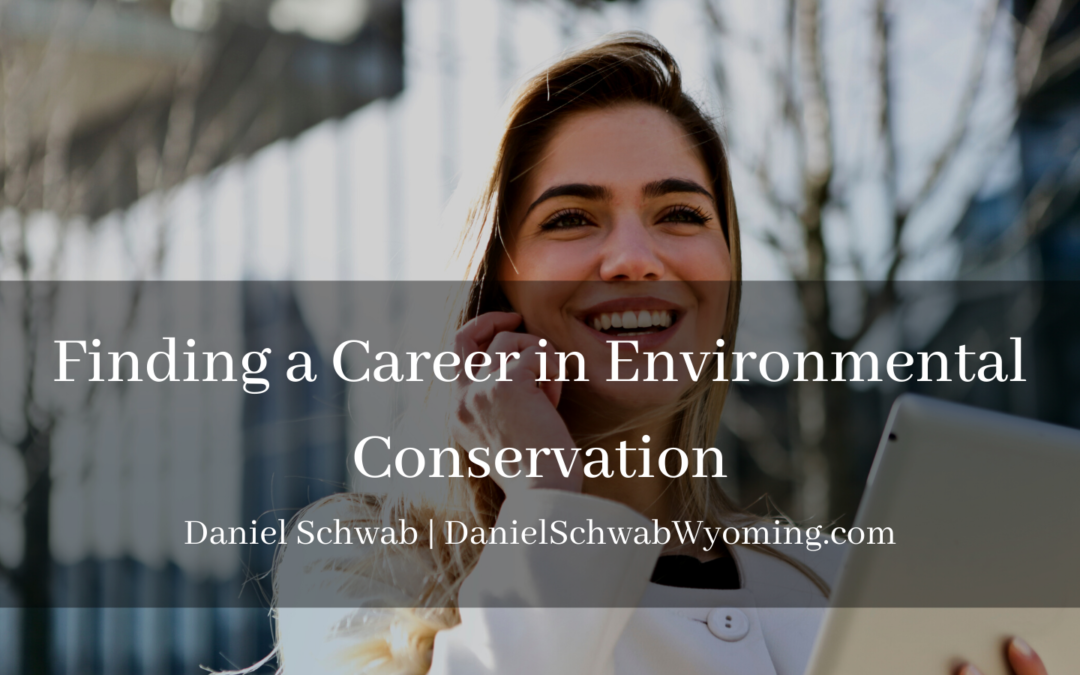There are many different types of wildlife conservation careers you can choose from, and each one has its pros and cons. This article will guide you through the four main avenues open to those who want to work in conservation and help you decide which one is right for you!
1) Conservation Scientist/Conservation Biologist Career
The world of science is an exciting and ever-changing place. Wildlife conservation scientists, also known as conservation biologists or wildlife biologists, research a variety of fields, from taxonomy to habitat surveying/monitoring. For example, you may be measuring the area of palm tree cover in a rainforest so that policymakers can decide whether they would like to create more forest reserves. Conservation scientists are the bridge between researchers and policymakers, ensuring that information is correctly interpreted and used to inform decisions on where conservation efforts should be focused. Today, biologists are some of the most needed fields in the conservation world.
2) Zoo Veterinarian Career
Zoos provide a fantastic opportunity for wildlife conservation as they often hold some of the most endangered species in the world. They are an important part of our society as we learn more about the importance of conserving these animals. The job of a zoo vet is to ensure the health and wellbeing of zoo residents, both great and small! It’s not just about treating the older members of society, though; vets must also perform health checks on newborn babies. This ensures that their mother isn’t affected by stress during pregnancy or birth, reducing the chance of illness in the infant.
3) The Wildlife Vet Career Option
The Wildlife Vet operates pretty much like a normal vet, but it’s always nice to know you can help out some of the world’s most vulnerable species too! The job comes with the same workload and responsibility as a normal vet, but you must also be able to diagnose and safely treat your patient’s illnesses so that they do not get any diseases from the treatment. This is why vets are trained to handle wild animals at zoos or wildlife centers.
4) Start-up Conservation Career
Live out your entrepreneurial dreams and start your own conservation business or charity! This is an exciting time of growth and development, where you’ll get to decide how society will develop. However, some dangers are associated with this type of career; it can be difficult to gain credibility if you haven’t had a lot of experience working in conservation.


